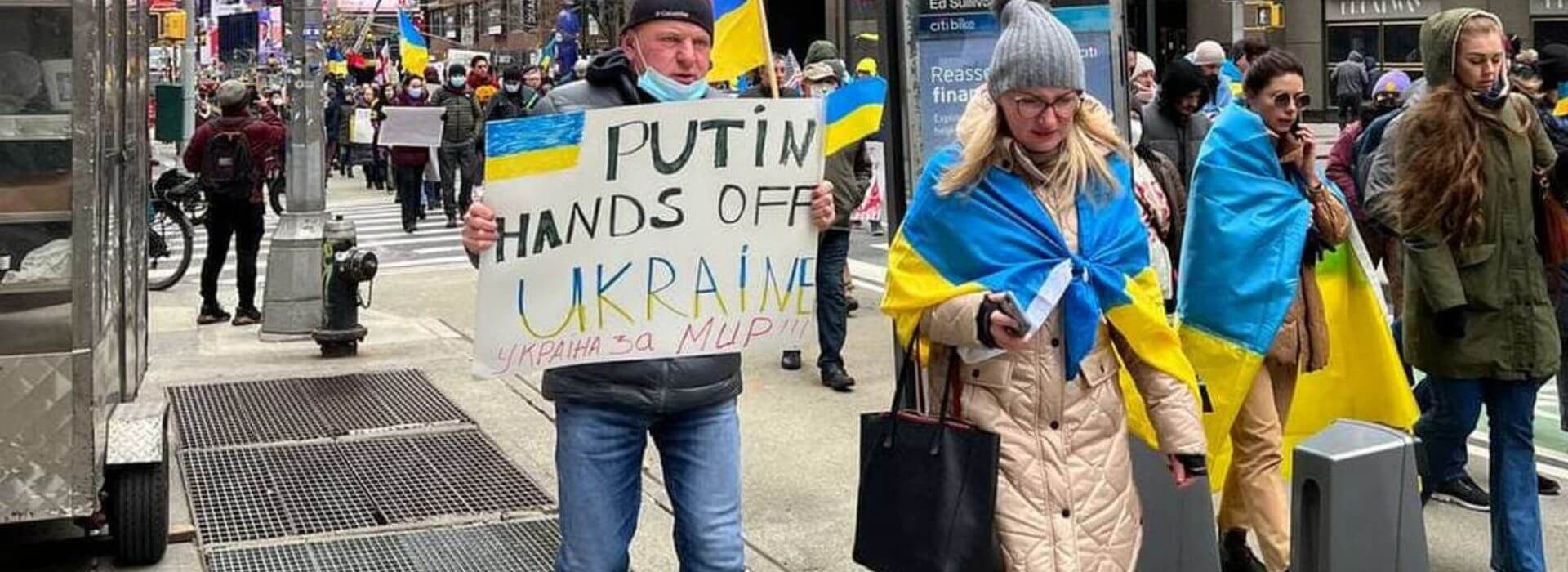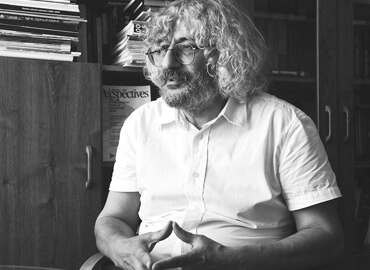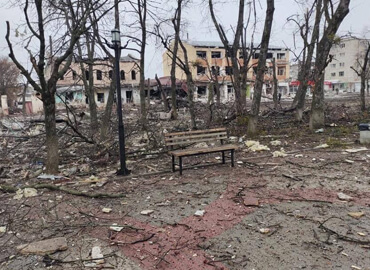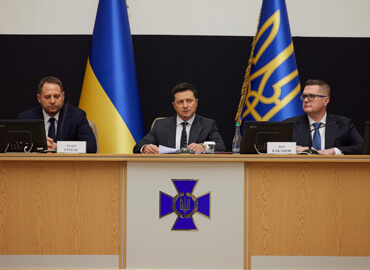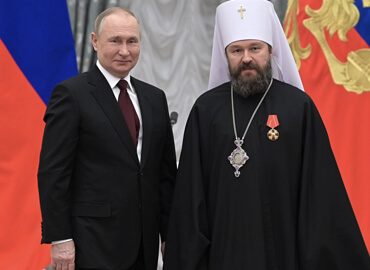The Russian-Ukrainian war has not forced the Kremlin to abandon hybrid technologies of influence. On the contrary, it has made the Russian leadership more sophisticated in its actions.
The use of democratic procedures for personal reasons can be considered a hallmark of Putin and his team. In this case, we are not only talking about creating a conjuncture favorable for preserving the Kremlin dictator’s power within Russia itself or about the Kremlin’s deliberate and purposeful interference in democratic procedures in other countries over the past few years. This is also about profiting from democratic processes in combination with other actions.
In the spring of 2014, Russia changed the date of the «referendum» on the annexation of Crimea three times, speeding up the process as much as possible. Moscow made it clear many times that they were taking revenge for the West’s recognition of Kosovo’s independence, although this was not the only motive. Since the beginning of the 1990s, the Crimean Peninsula has constantly remained in the Russian media agenda and has been the object of increased activity by the Russian special services. If Ukraine was perceived by the Russian establishment as a temporarily lost territory, then Crimea was the «soft underbelly» from which Russia intended to begin the process of conquering Ukraine.
The situation in Donbas was different. There, the holding of «referendums» on the territory of the Donetsk and Luhansk regions was aimed at the disintegration of Ukraine and weakening it to the extent possible. That is why the «referendums» on May 11, 2014, preceded the voting in the early presidential elections that took place on May 25, 2014. The game of «democracy» and the creation of «Novorossiya» were aimed at achieving the cynical goal of dividing Ukraine into several parts. The self-proclaimed DPR and LPR were not even recognized by Russia until February 2022, and their social and political life resembled a parody of the Soviet Union, including the resuming of the death penalty in these pseudo-republics.
Russia’s open aggression towards Ukraine was preceded by the Kremlin’s recognition of the independence of the so-called DPR and LPR. This step, coupled with the inventions of Russian propaganda regarding Ukraine’s intention to restore the country’s territorial integrity in the Donbas through military means, became a casus belli for Putin. The «denazification» and «demilitarization» of Ukraine became a derivative of the ideological guidelines set out by the Russian president.
Of course, Russia hoped to realize the disintegration of the Ukrainian state as soon as possible, but this did not happen. On February 24, in his televised address, Putin stressed that Russia «supports the right to self-determination of all peoples inhabiting Ukraine.» This is indicative of Russia’s interest in the collapse of the largest republic after Russia in the post-Soviet space.
Having failed to achieve a military defeat and collapse of Ukraine, Russia has relied on a simulation thereof designed for propaganda within the aggressor state, including through declaring intentions to hold several «referendums» at once. One involves the annexation of the so-called DPR and LPR to Russia – where fierce battles, including in Mariupol, are ongoing – to the maximum extent possible. The second is the search for a model for the annexation of the occupied territories of the Kherson and Zaporozhye regions to Russia. It is possible to create in these territories, together with Crimea, a «Tavria province» which would make it possible to ensure the control by the occupiers over the North Crimean Canal, through which the Dnieper enters the occupied peninsula.
There is no need to talk about even Russia’s minimum observance of the norms of international law. Russia, however, has already accustomed the world to the fact that it does not intend to follow the rules of the game. Given official propaganda’s use of concept of a «special military operation in Donbas,» it can be assumed that the Kremlin will seek to hold on to the occupied territories, creating the illusion of victory and democracy, at least for the consumption of Russian citizens. The Russian leadership is ignoring even a minimal need to comply with international law, preferring to rely on brute force. Fortunately, it is doomed to fail.
Материал доступен на русском языке: Имитация победы, имитация демократии



